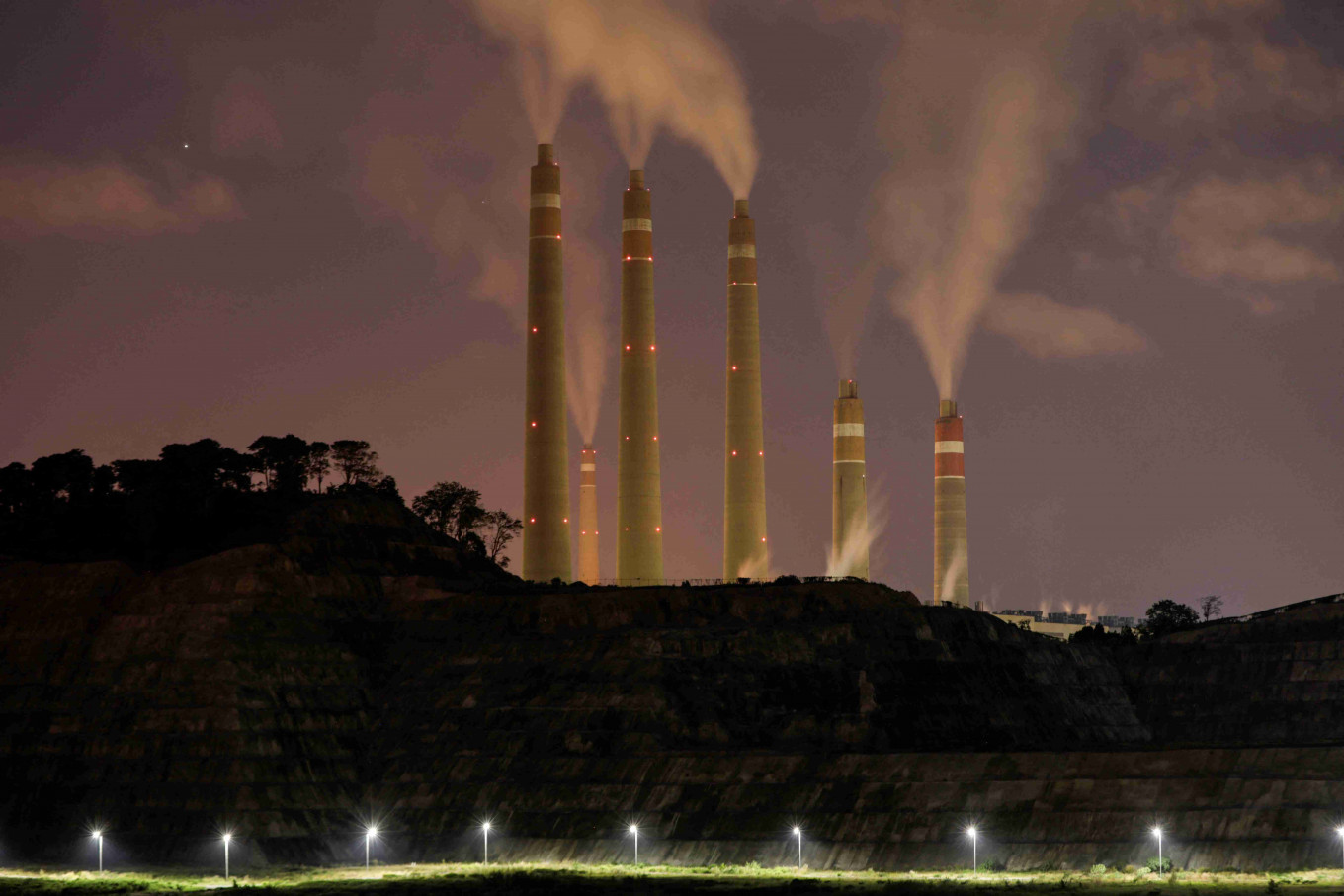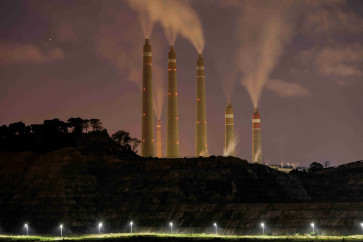Popular Reads
Top Results
Can't find what you're looking for?
View all search resultsPopular Reads
Top Results
Can't find what you're looking for?
View all search resultsRI thinking about power-plant CCUS, but thinking twice
Change text size
Gift Premium Articles
to Anyone
E
xperts have warned against carbon capture, utilization and storage (CCUS) deployment in the power sector, pointing to scarce options for financing the construction of the complex facilities required.
The International Energy Agency (IEA) expects carbon capture technologies to play a prominent role in electricity generation and industrial projects in the future. A 2023 IEA projection sees global carbon capture rising from 45 million tonnes of carbon dioxide in 2022 to 6.04 billion tonnes in 2050. More than half of that will come from fossil fuels and industrial processes, including 811 million tonnes from the fossil-fuel based power sector.
“Two-thirds of total [carbon] capture is in the emerging-market and developing economies,” the IEA projects.
However, there are limited options for financing, considering the history of less-than-successful CCUS projects around the world, Institute for Essential Services and Reform (IESR) executive director Fabby Tumiwa says, pointing out that CCUS would require around 30 to 40 percent of a power plant’s generating capacity.
“Capturing, processing and storing [CO2] requires electricity. [...] Studies have shown that the price of [installing] a CCUS facility is equal to a carbon price of over US$100 per tonne or even more than $150 per tonne,” he told The Jakarta Post on Tuesday, warning of a high likelihood of such projects failing to reach financial close because private institutions are expected to be reluctant to fund them.
“If the coal plants belong to [state-owned electricity provider] PLN, the company is the one which will need to look for financiers, [because] it is impossible to finance everything using [the firm’s] equity.”
Read also: Indonesia looks to South Korea for cooperation on CCS/CCUS


















